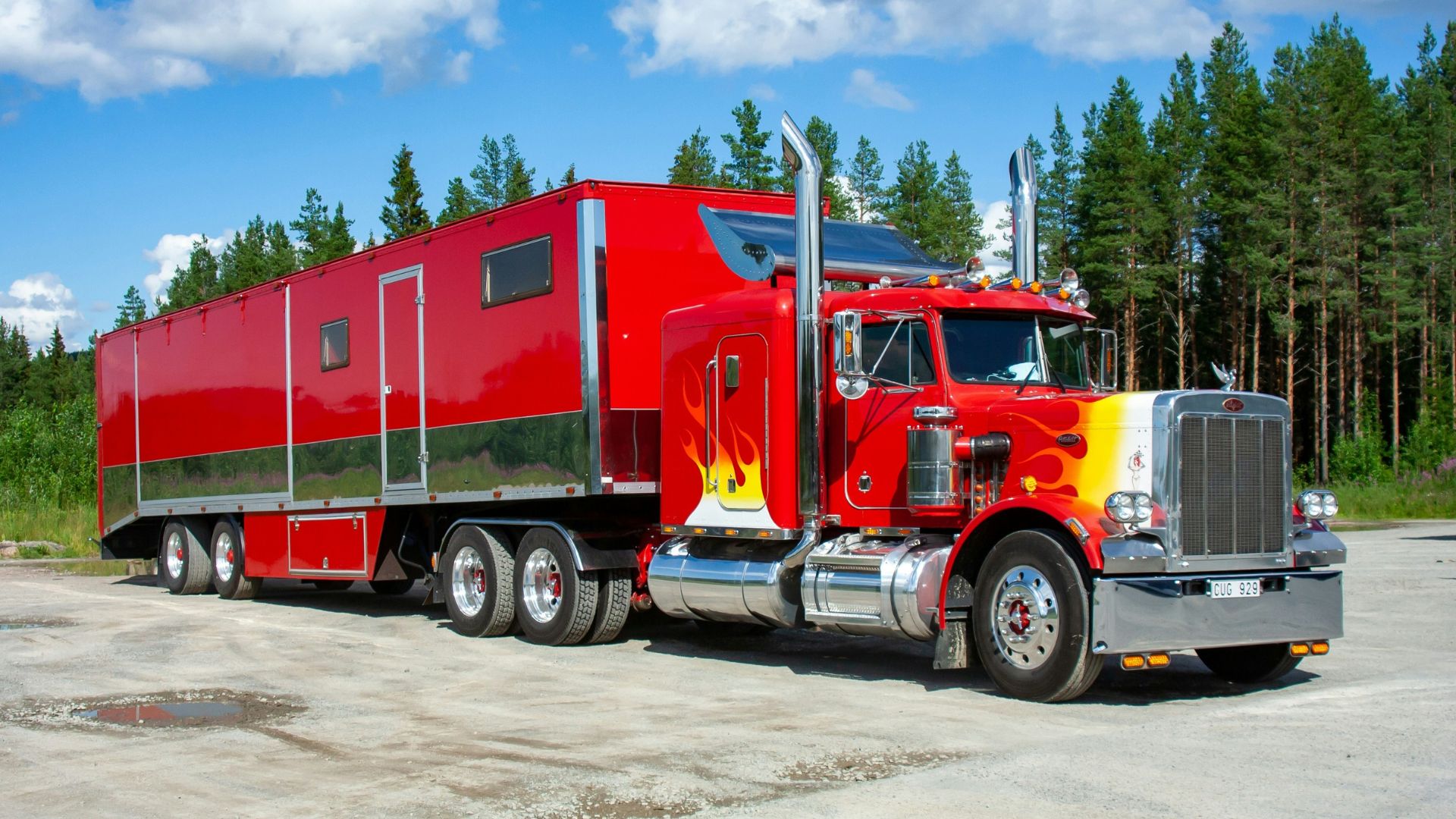Impact of a TMS on Cross-Border Trucking Compliance in U.S. and Canada

The U.S.-Canada border is the longest in the world at 5,525 miles and the trucking industry is responsible for an estimated 61.9% of cargo moved between the two North American countries. Regulations and laws are key aspects of international trade that trucking and freight companies need to understand. Innovative solutions like a Transportation Management System (TMS) have the potential to simplify compliance with international trade regulations. Take a closer look at the impact of a TMS on cross-border trucking compliance in the U.S. and Canada to find out how technology can make operations more efficient and effective.
How Does a TMS Help with Cross-Border Trucking Compliance?
A TMS helps with cross-border compliance by providing a central platform for managing all aspects of the shipping and freight process. This is even more critical for U.S.-Canada trucking, which faces a variety of complex challenges that include:
- Customs and Regulations: Each country has its own set of rules, regulations, documents, and compliance standards that must be followed, can be difficult to navigate, and can vary when you cross borders.
- Document Errors: Having incomplete or inaccurate paperwork at the border can cause significant delays and fines that not only penalize your company, but lead to dissatisfied customers.
- Delays and Congestion: High traffic volumes and inspections at border crossings can lead to long wait times and congestion that impact delivery schedules and costs.
- Tariffs and Trade Policy: Changes in trade agreements, like the United States-Mexico-Canada Agreement (USMCA), and new trade tariffs can create uncertainty and disrupt shipping processes.
Technology has the potential to benefit trucking and freight companies in a variety of ways — including remaining compliant when cargo is transported across the U.S.-Canada border. With the ability to automate key compliance documents, provide updates on compliance regulations, improve cargo visibility across borders, and improve communication, a Transportation Management System, like TransPlus TMS, can be a valuable tool.
Get a TransPlus Demo
If you're looking for a powerful TMS to streamline your operations, reduce costs, and improve customer service, we've got you covered.
Automated Documentation
A TMS can simplify the documentation process for cross-border trucking by automating the creation and management of necessary forms. Cross-border shipments require specific paperwork, such as a Commercial Invoice, Certificate of Origin, and Bill of Lading (BOL). Errors or inconsistencies in this paperwork can lead to delays at customs that cost time and money. A TMS helps ensure that all necessary information is accurately captured and organized, helping carriers navigate customs more efficiently.
Updated Compliance and Regulations
A key benefit of a modern TMS is its ability to stay up-to-date with changing regulations. Many platforms have the ability to provide real-time updates when new laws are implemented, ensuring that your fleet remains compliant with both U.S. and Canadian trade laws. Many systems can also assist with calculations for things like the International Fuel Tax Agreement (IFTA) reporting and track Hours of Service (HOS), which are important for staying compliant with regulations on both sides of the border.
Increased Visibility of Cross-Border Freight
TMS platforms offer enhanced visibility into cross-border freight. This is critical for preventing delays and improving security. By integrating with Electronic Logging Devices (ELD) and other tracking tools, a TMS provides real-time location data for shipments. This increased visibility allows dispatchers to monitor a truck's progress at the border and provides proof of delivery, which is important for managing security risks like theft.
Improved Communication and Efficiency
Effective communication is important for cross-border trucking, and a TMS acts as a central hub for all parties. The system helps bridge communication gaps by providing a single platform for dispatchers, drivers, and freight brokers to share information. This improved communication, combined with features like automated workflows, helps to streamline the entire cross-border transportation process, from planning and dispatching to customs and delivery.
READ MORE: Differences Between Interstate and Intrastate Trucking
Navigating the complications of cross-border trucking compliance between the U.S. and Canada can be a real challenge — but the right technology can make a big difference. A TMS provides the tools for automated documentation, real-time compliance updates, and increased visibility to help you manage these challenges.
Contact TransPlus today to learn more about how the TransPlus TMS platform can help your business streamline cross-border operations!
Read our TMS Buyer's Guide
Navigate the TMS software landscape with our comprehensive buyer's guide - find the perfect platform for your trucking business today.

Latest From the Blog
Our Insights on Tech, Industry Trends, and News.

6 Benefits of a Rate Quote System in Your TMS

5 Benefits of Automated IFTA Reporting for Freight Carriers

